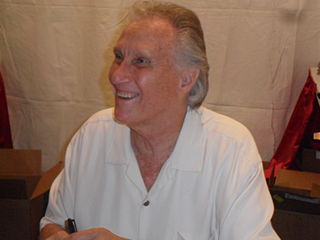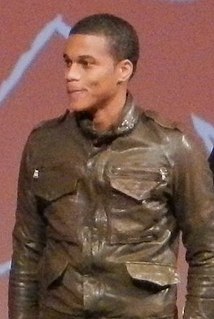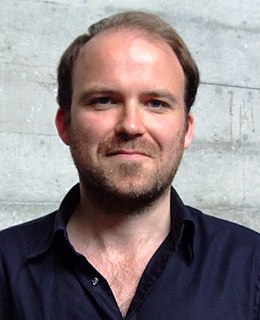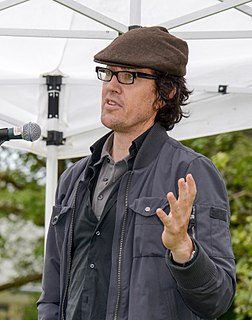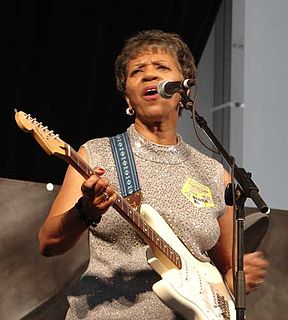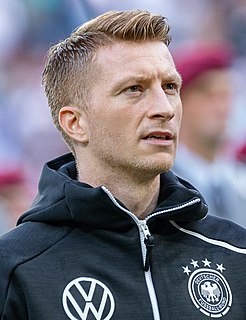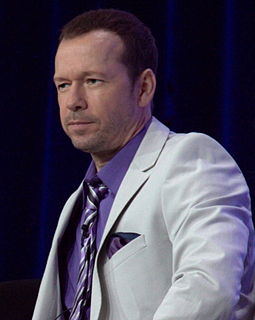A Quote by Bill Medley
That was the toughest thing I ever had to do: tell my son that his mum was gone. I was a bachelor living on the beach, but I had to pull it together very quick for my boy.
Related Quotes
My mum died of leukemia when I was in high school - she lost her life at 40. It was very hard, and I didn't do that much in Chicago after that. I actually sat around and didn't do anything for three years. I didn't know what I wanted to do anymore because my everything was gone. I was a mama's boy, and I had to turn into a man real quick.
The boy, who did everything well and with a natural unslumped grace the wraith himself had always lacked, and whom the wraith had been so terribly eager to see and hear and let him (the son) know he was seen and heard, the son had become a steadily more and more hidden boy, toward the wraith's life's end; and no one else in the wraith and the boy's nuclear family would see or acknowledge this, the fact that the graceful and marvelous boy was disappearing, right before their eyes. They looked but did not see his invisibility.
I think our support for the EEC has been very half-hearted. You really cannot join any group of nations and spend all your time criticising it. The EEC is free Europe getting together. Had we had some vision like that after the first world war , we might never had the second ... my son does not have to go and fight as his father had to fight. Surely that is the most valuable thing of all, the reason for keeping Europe together.
A few years ago, I was trying to buy a piece of land next to a house I had in Newfoundland. I discovered that the plot had been owned by a family, and the son had gone off to World War I and been killed. It began to interest me: What would have happened on that land if the son had lived, had brought up his own family there?
Slowly, very slowly, he sat up, and as he did so he felt more alive, and more aware of his own living body than ever before. Why had he never appreciated what a miracle he was, brain and nerve and bounding heart? It would all be gone...or at least, he would be gone from it. His breath came slow and deep, and his mouth and throat were completely dry, but so were his eyes.
As for me: I loyally remained right where I was, remembering the very first I had ever seen the boy and then just now, the very last time-and all the times in between. The deep aching grief I knew I would feel would come soon enough, but at that moment mostly what I felt was peace, secure in the knowledge that by living my life the way I had, everything had come down to this moment. I had fulfilled my purpose.
When the father dies, he writes, the son becomes his own father and his own son. He looks at is son and sees himself in the face of the boy. He imagines what the boy sees when he looks at him and finds himself becoming his own father. Inexplicably, he is moved by this. It is not just the sight of the boy that moves him, not even the thought of standing inside his father, but what he sees in the boy of his own vanished past. It is a nostalgia for his own life that he feels, perhaps, a memory of his own boyhood as a son to his father.
He could remember all about it now; the pitiful figure he must have cut; the absurd way in which he had gone and done the very thing he had so often agreed with himself in thinking would be the most foolish thing in the world; and had met with exactly the consequences which, in these wise moods, he had always foretold were certain to follow, if he ever did make such a fool of himself.
I am from a woman's family. My great-grandmother had three daughters and a son. My grandmother had two daughters, and my mother had two daughters. My sister had a daughter and then finally a son. You should have seen my father with the son. He could not believe that finally there was a boy in the family.
My idol was always Tomas Rosicky. He used to be phenomenal. He had such a good eye for an opening and knew where his team-mates were and he was so quick. I copied everything about him – right down to his sweatbands. [] he would be one of the world’s best players. Jack Wilshere is a perfect player. Boy, he’s good. He’s so quick and skillful with the ball at his feet.
